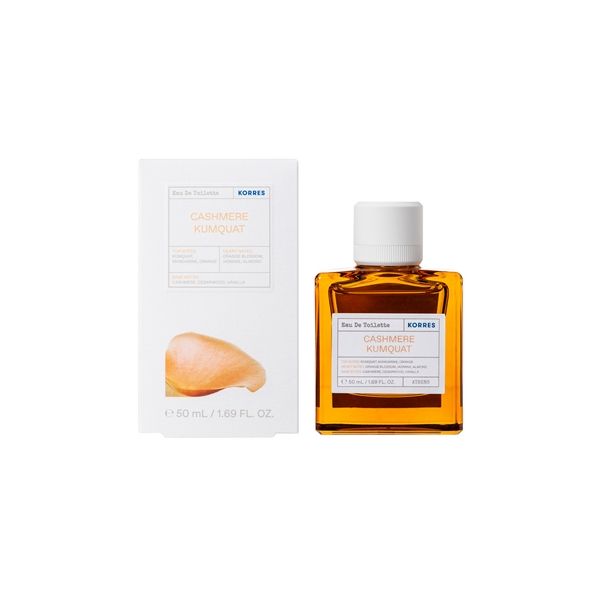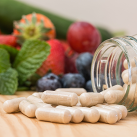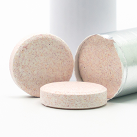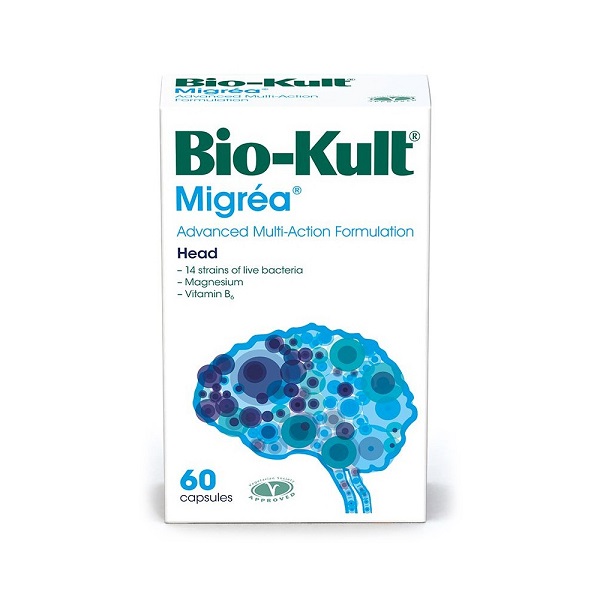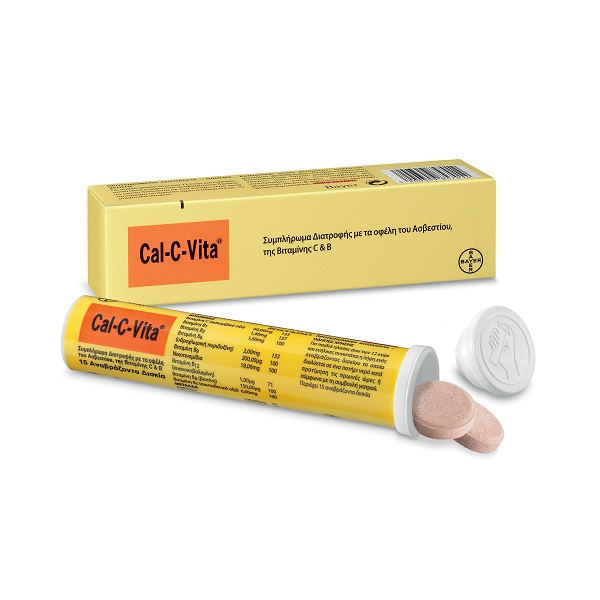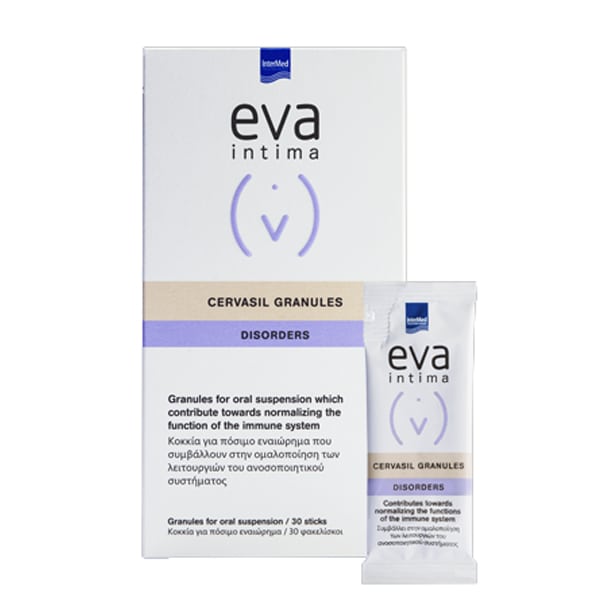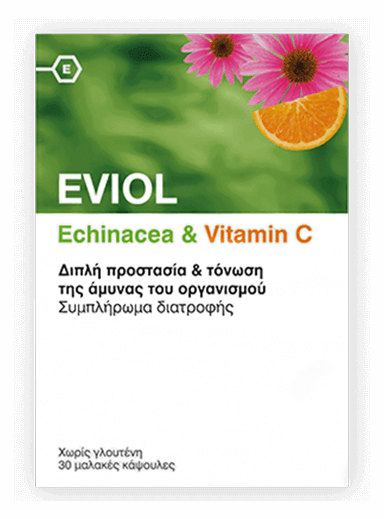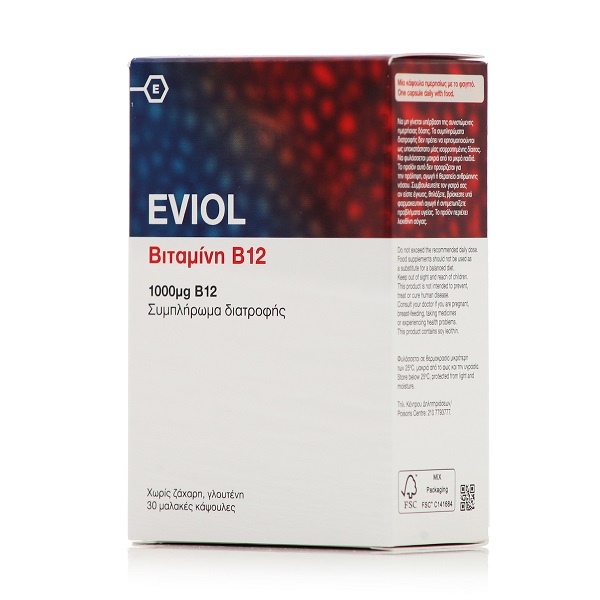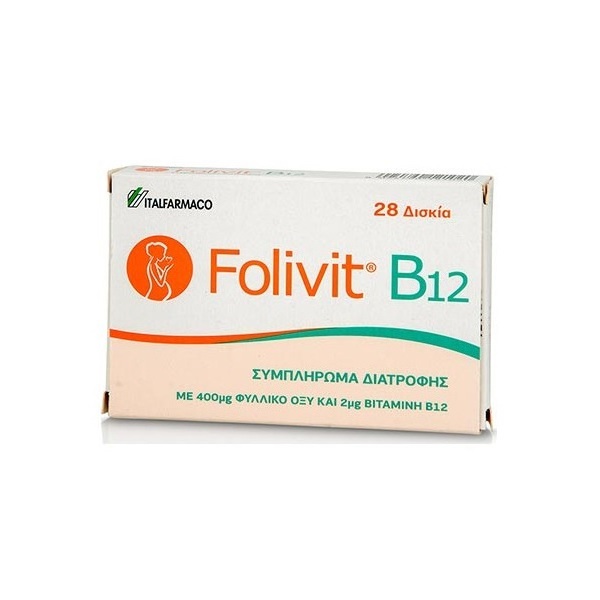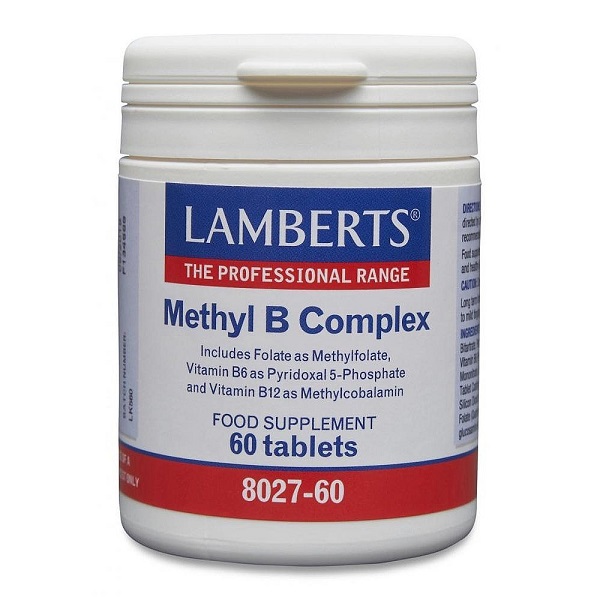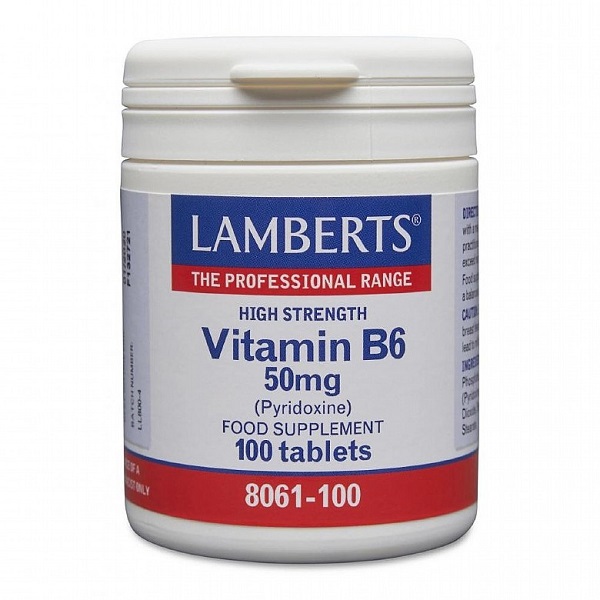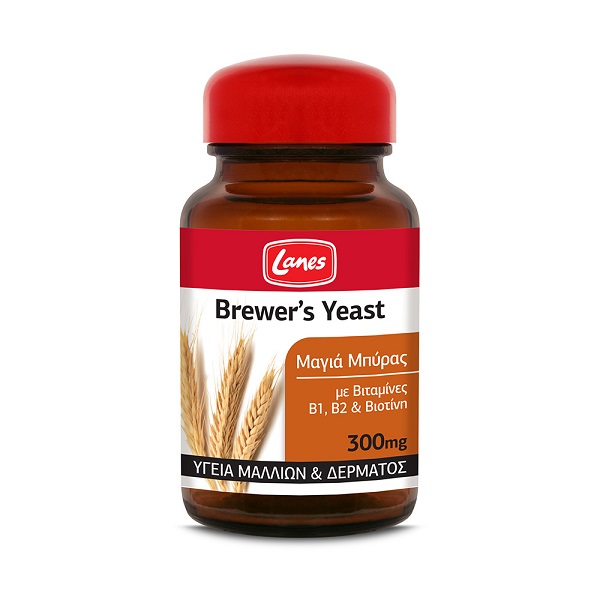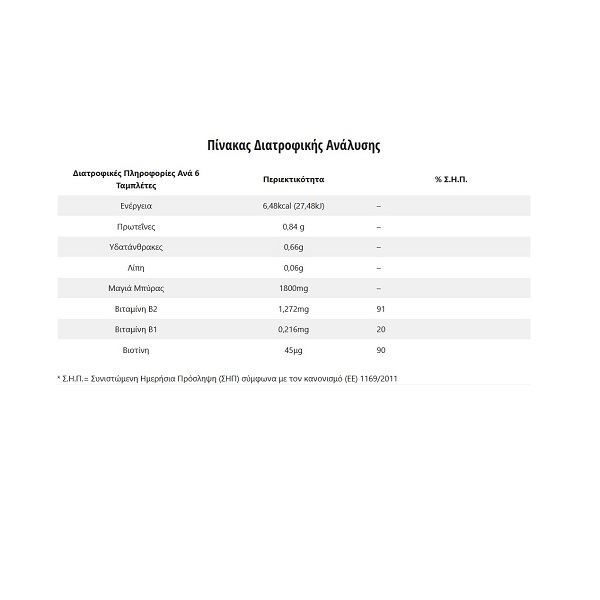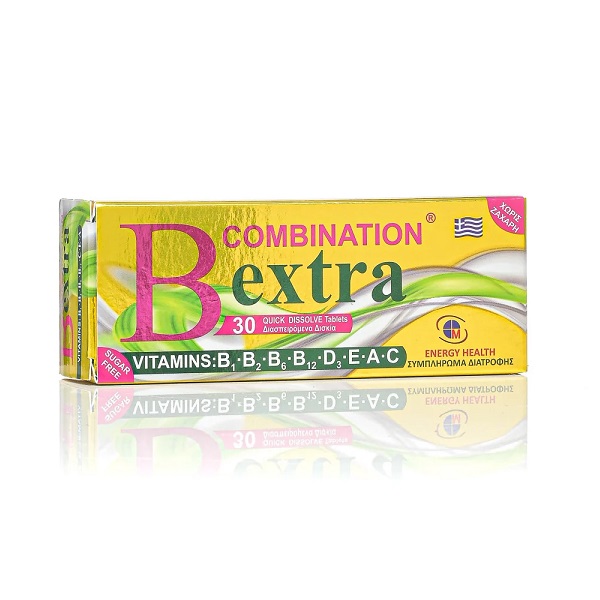
Vitamin B
With magnesium and vitamin B6, both of which contribute to the normal functioning of the nervous system, and the reduction of tiredness and fatigue.
With magnesium and vitamin B6, both of which contribute to the normal functioning of the nervous system, and the reduction of tiredness and fatigue.
For Immune System.
Well Being
Eviol Echinacea & Vitamin C Dietary Supplement with Echinacea & Vitamin C 30caps
Not AvailableFor normal functioning of the immune system.
For normal functioning of the nervous & immune system.
Food supplement containing folic acid 400μg and vitamin B12 2μg.
It contributes to the normal functioning of the immune system and to normal psychological function
Dietary supplement with Vitamin B6 Strengthens the immune system
Food supplement for healthy hair, nails, skin and the smooth functioning of the nervous system
For Immune System & nervous system!
Provides vitamins of the B complex in the form of a sublingual spray.
B-complex vitamins are a heterogeneous group of organic molecules that are found in very small amounts in the diet. Thiamine (B1), riboflavin (B2), niacin (B3), pyridoxine (B6), biotin (B7), cyanocobalamin (B12) and pantothenic acid (B5) are among the B vitamins.
-Thiamine (B1) contributes to energy production and the recommended daily intake is 1.2 mg in adults. Meat, vegetables, wheat and yeast are good sources.
-Riboflavin (B2) contributes to metabolism in the form of coenzymes and the recommended daily intake is 1.3 mg. Eggs, milk and dark green vegetables are good sources.
-Niacin (B3) contributes to the synthesis of fatty acids and cholesterol, while the recommended daily intake is 16 mg. Cereals, seeds, liver and lean meats are good sources.
-Pantothenic acid (B5) is involved in the synthesis of cholesterol, in the synthesis and oxidation of fatty acids and ketone bodies, while the recommended daily intake reaches 5 mg. Good sources are meat, poultry, fish, cereals and legumes.
-Pyridoxine (B6) is essential for the synthesis and degradation of amino acids, while the recommended daily intake is 1.3-1.7 mg. Good sources are fish, poultry, meat and green leafy vegetables.
-Biotin (B7) is considered essential for many reactions in the metabolism of carbohydrates, proteins and fats where it acts as a coenzyme. Biotin is widespread in foods of both plant and animal origin. Rich sources of biotin are egg yolk, liver, soy, tomato, nuts, cauliflower, mushrooms, sardines, salmon. Suggested daily intake: 30 μg.
-Cyanocobalamin (B12) is essential for the formation of red and white cells, as well as for nerve tissue, while the daily intake is 2.4 μg. Good sources are dairy products, eggs and meat.
The main function of folic acid is in the synthesis of genetic material. The recommended daily intake for adult men and women is 400 μg, while in pregnancy and breastfeeding it reaches 500-600 μg. Vitamin deficiency results from low nutritional intake and is associated with reduced DNA synthesis, megaloblastic anemia, cardiovascular disease and developmental disorders of the fetal neural tube during pregnancy. Chronic alcohol intake reduces the absorption and levels of the vitamin. Sources of folic acid are green leafy vegetables, cereals, liver, legumes and meat.
A variety of brands and products containing vitamin B can be found here at Fotopharmacy!
Support and strengthen your well-being system!!

 Ελληνικά
Ελληνικά













